June 19th, 2025
JXTX GBCC2025 Awardees
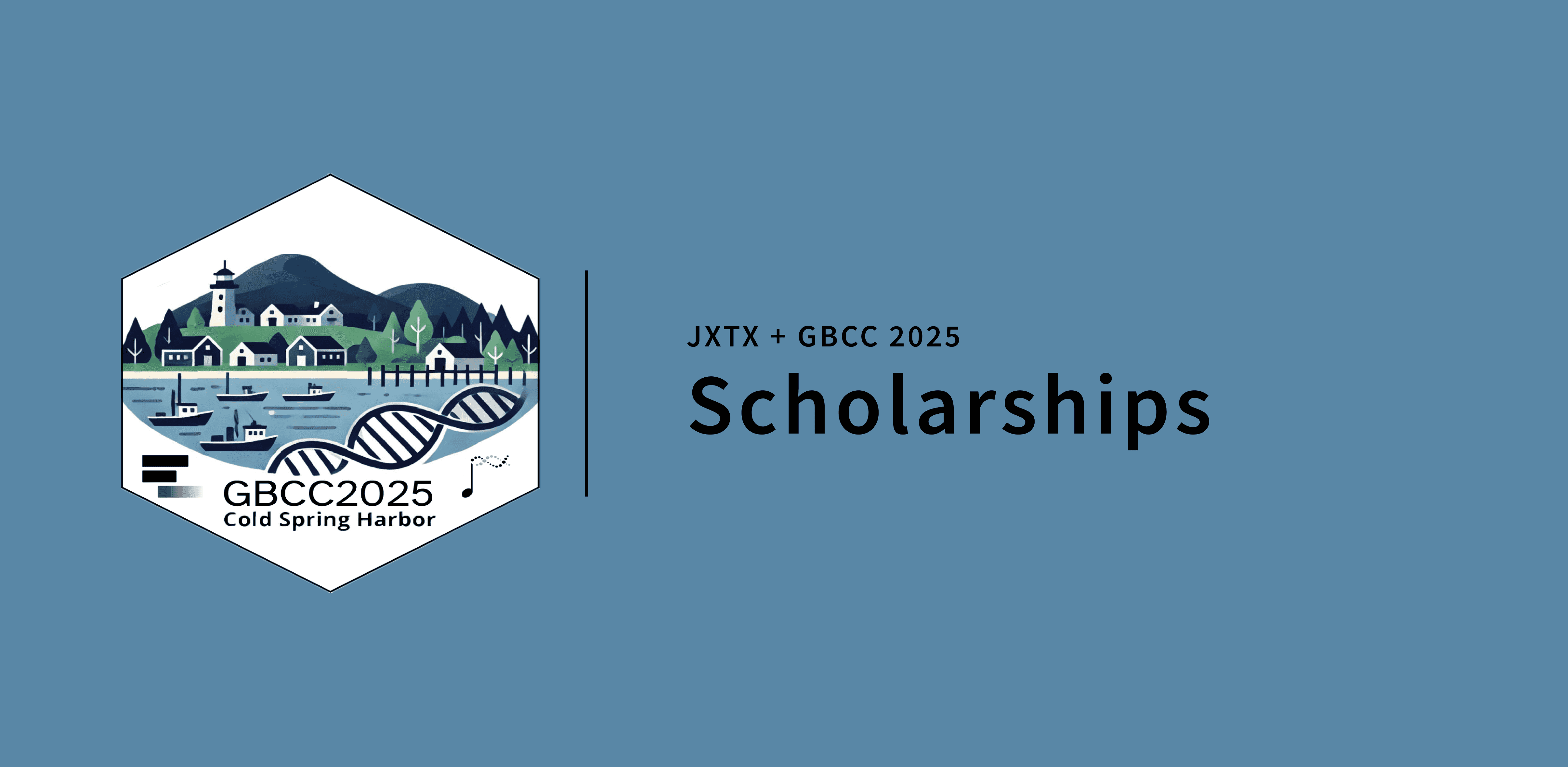
JXTX: The James P. Taylor Foundation for Open Science and the JJ Travel Fellowship are pleased to announce the recipients of the 2025 Galaxy and Bioconductor Community Conference (GBCC) Scholarships. The JXTX Foundation provides support for students to attend conferences in computational biology and data science, where they can present their work and form connections with other researchers in the field.
Seven outstanding graduate students and postdoctoral researchers from around the globe were awarded JXTX and JJ Fund scholarships. These awardees will present their work at the Galaxy and Bioconductor Community Conference 2025 being held July 7-11. Awardees represent diverse institutions and are presenting a wide range of research at the meeting.
GBCC Scholarship Recipients

Sudipta Kumar Hazra
Teagasc & University College Cork
Sudipta is an MSc (Research) student at Teagasc and University College Cork, Ireland. His research focuses on proteomic data analysis and the development of computational workflows to study the relationship between animal stress and meat quality. He uses R and Python to integrate omics data with statistical methods and AI tools, aiming to enhance biological interpretation and develop user-friendly tools for data analysis in agri-food research.
Grace Kenney
University of North Carolina-Chapel Hill
Grace is a second year PhD student in Bioinformatics and Computational Biology and an NSF GRFP fellow at the University of North Carolina-Chapel Hill in the lab of Dr. Doug Phanstiel. She received her BS in Biology from Truman State University and her MS in Bioinformatics and Computational Biology from Saint Louis University. Before starting her PhD, she worked as a bioinformatician at the University of Michigan's Advanced Genomics Core analyzing data from various NGS, single-cell, and spatial -omics platforms. Her research interests broadly include developing and using software for the interpretation of genetic variation and epigenetic mechanisms contributing to genome regulation.
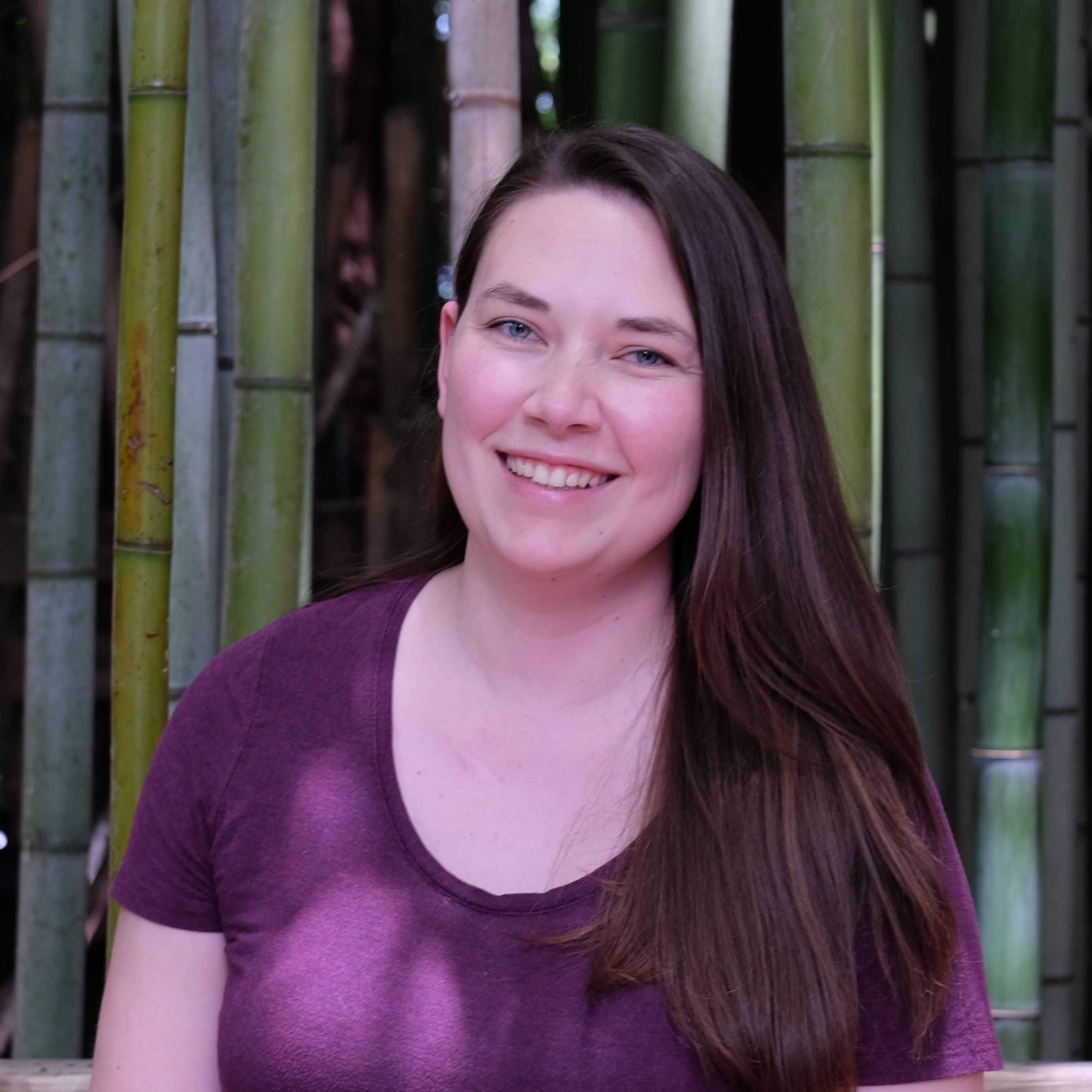
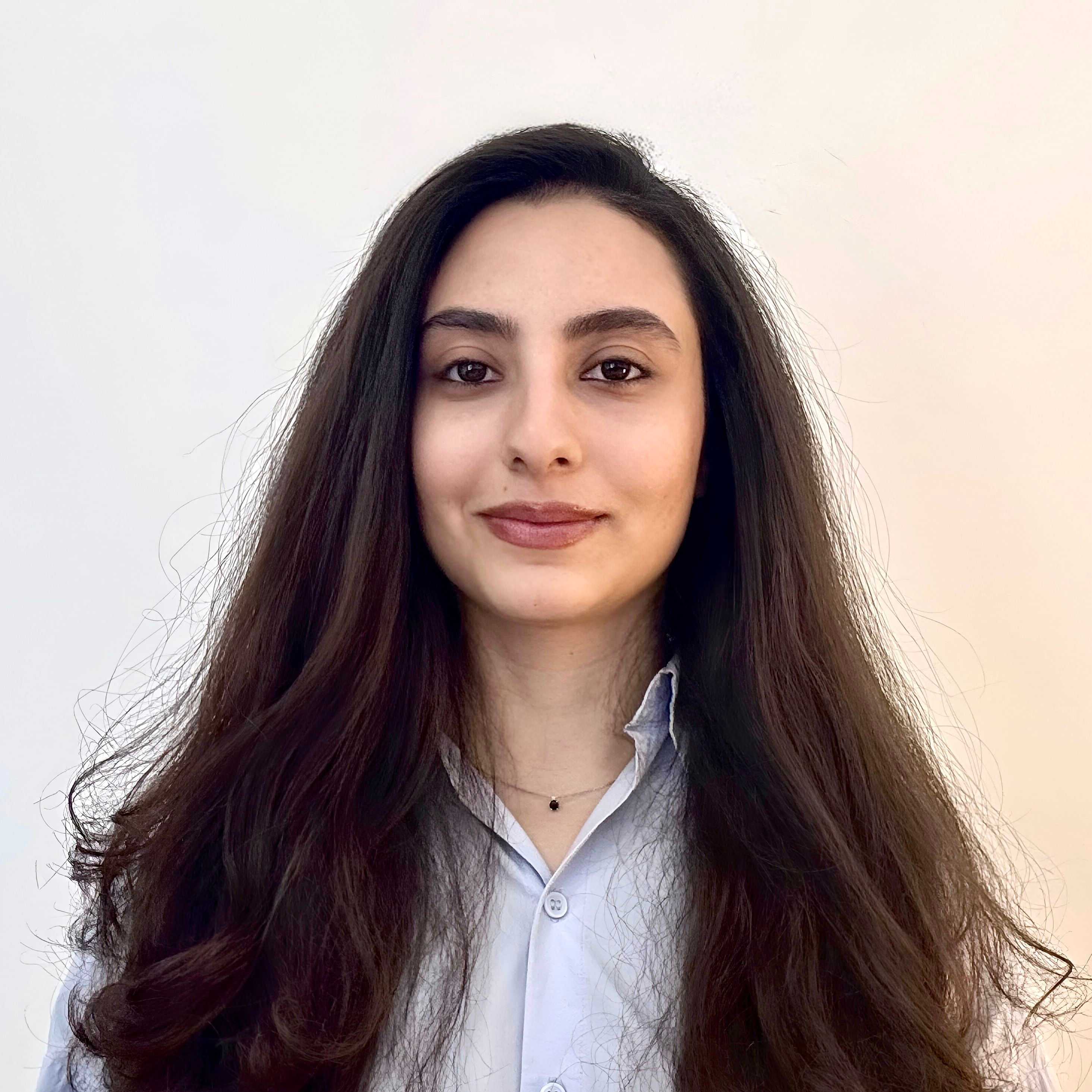
Negin Kafee Hernashki
University of Milan
Negin Kafee Hernashki is originally from Kerman, Iran. She holds a Bachelor's degree in Biotechnology from Yazd University and earned her first Master's in Bioinformatics from the University of Wolverhampton, UK. She is currently pursuing a second Master's degree in Bioinformatics for Computational Genomics at the University of Milan, Italy, where her focus is on applying AI and machine learning to disease prediction and prevention. Her recent work includes predictive modeling for Alzheimer's disease using multi-modal data and publications on vaccine candidate discovery. She is a recipient of an excellence scholarship in Italy and was a professional fencer on the Iranian national team for 17 years.
Mirela Minkova
Utrecht University
Mirela is a first-year Bioinformatics Master's student at Utrecht University in the Netherlands. She discovered her passion for bioinformatics during a project focused on prostate cancer analysis using Galaxy, leading her to pursue internships developing Galaxy workflows for cardiomyopathy patients. Her Bachelor's thesis work on Galaxy was nominated for best thesis. She currently works with SURF Research Cloud deploying secure Galaxy and Pulsar instances for Dutch researchers, while also doing an internship at UMCU developing a classifier for pediatric brain cancer.
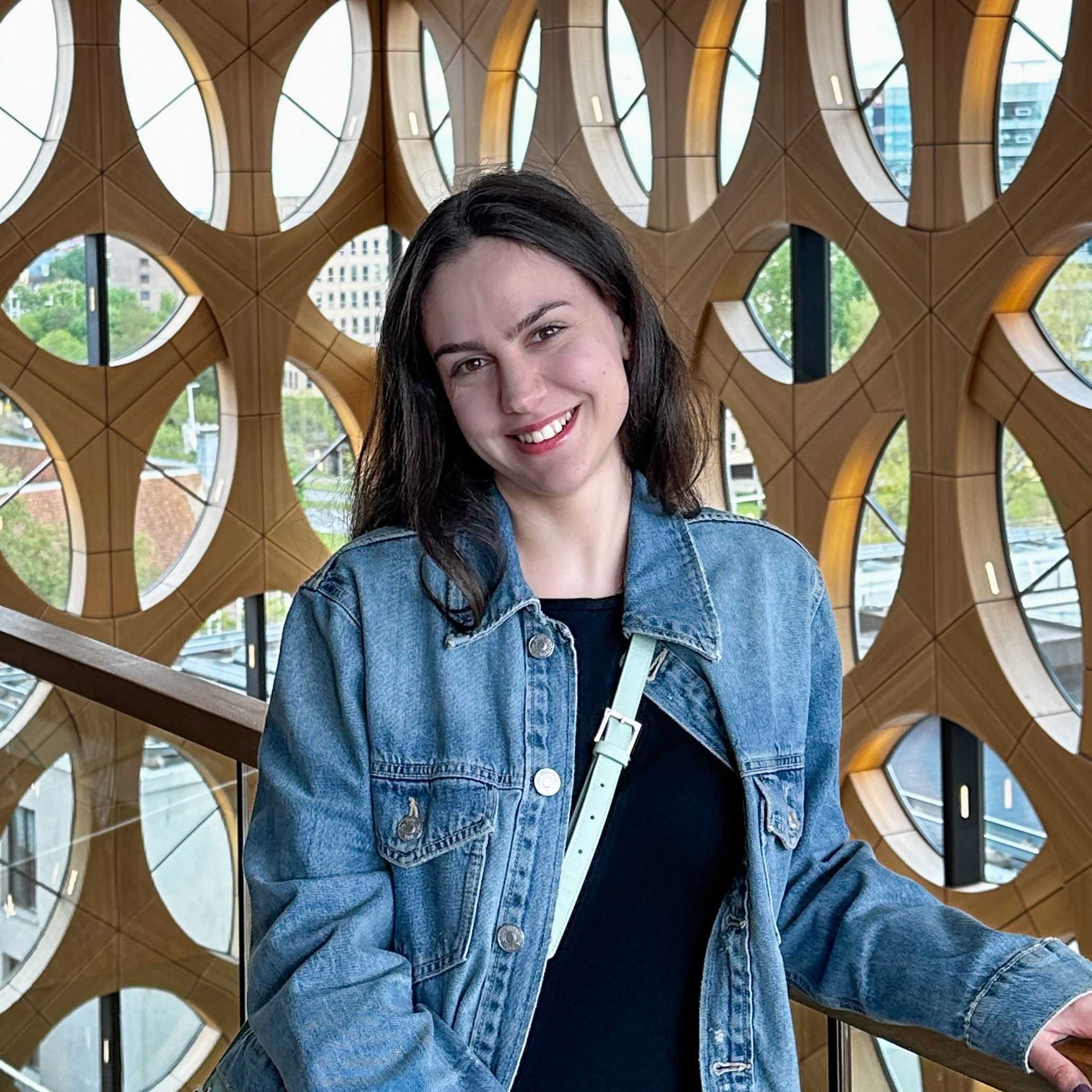

Nitin Narwade
Institute of Neurosciences, Alicante, Spain
Nitin is a Postdoctoral Research Fellow at the Institute of Neurosciences, Alicante, Spain. His research focuses on understanding the role of Epithelial-to-Mesenchymal Transition (EMT) in cancer progression. During his PhD, he identified two distinct cancer cell evolutionary trajectories during EMT-dependent cancer progression: one activating an inflammatory, anti-tumoral response, and the other promoting an invasive, pro-tumoral program that facilitates metastatic dissemination. His current project investigates how different stromal cells interact with tumor cells in an EMT-dependent manner and how these interactions influence cancer progression.
Arish Shahab
McMaster University
Arish Shahab is an undergraduate researcher and biomedical engineering student at McMaster University, with research affiliations at Johns Hopkins University and Harvard Medical School. His work focuses on the intersection of AI, healthcare, and neurotechnology, with a particular interest in developing tools that enhance patient communication and diagnostic systems. He is currently exploring methods to objectively measure cognitive and articulatory focus using real-time visual tracking and EEG data to improve assistive communication technologies.
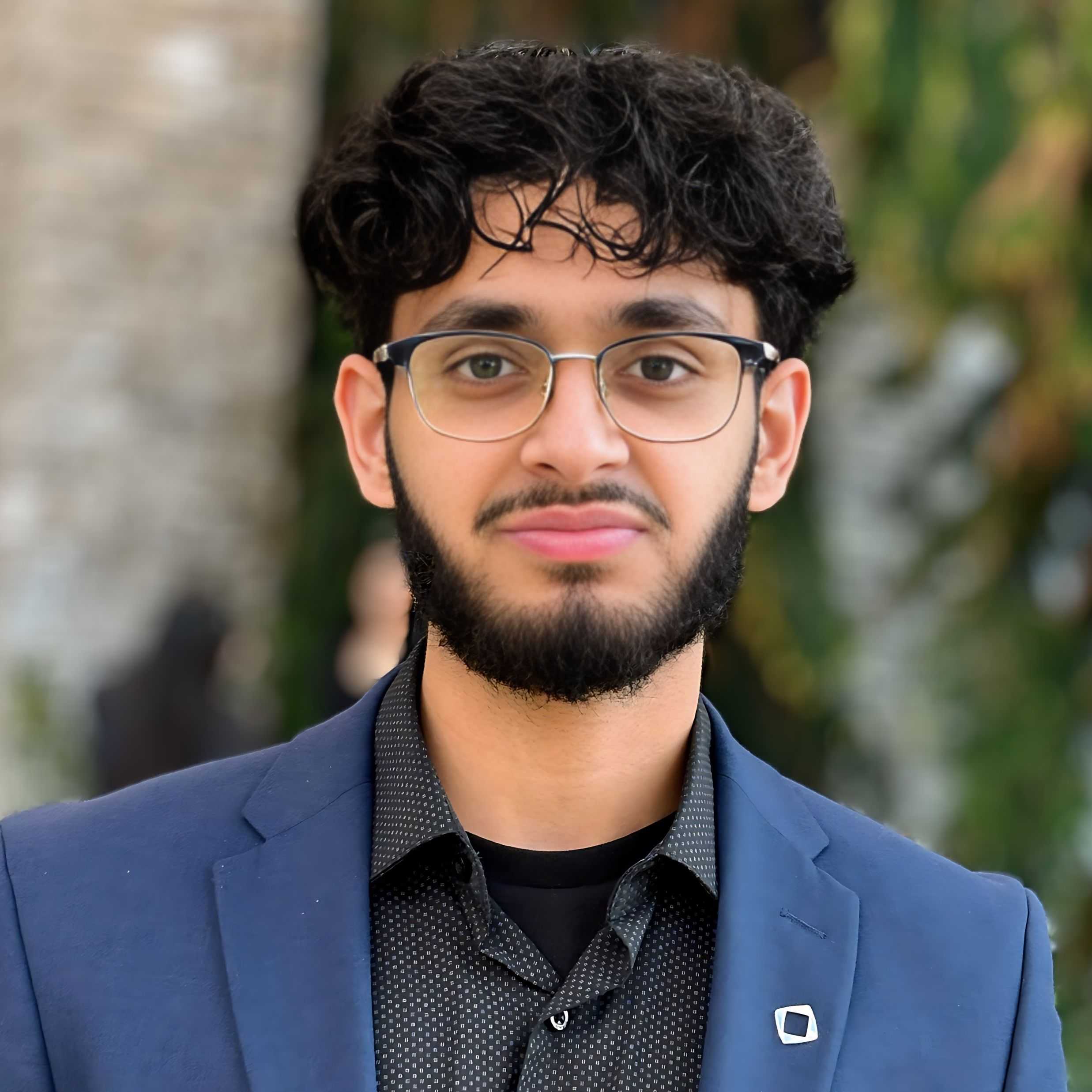
JJ Fund Travel Fellowship Recipients
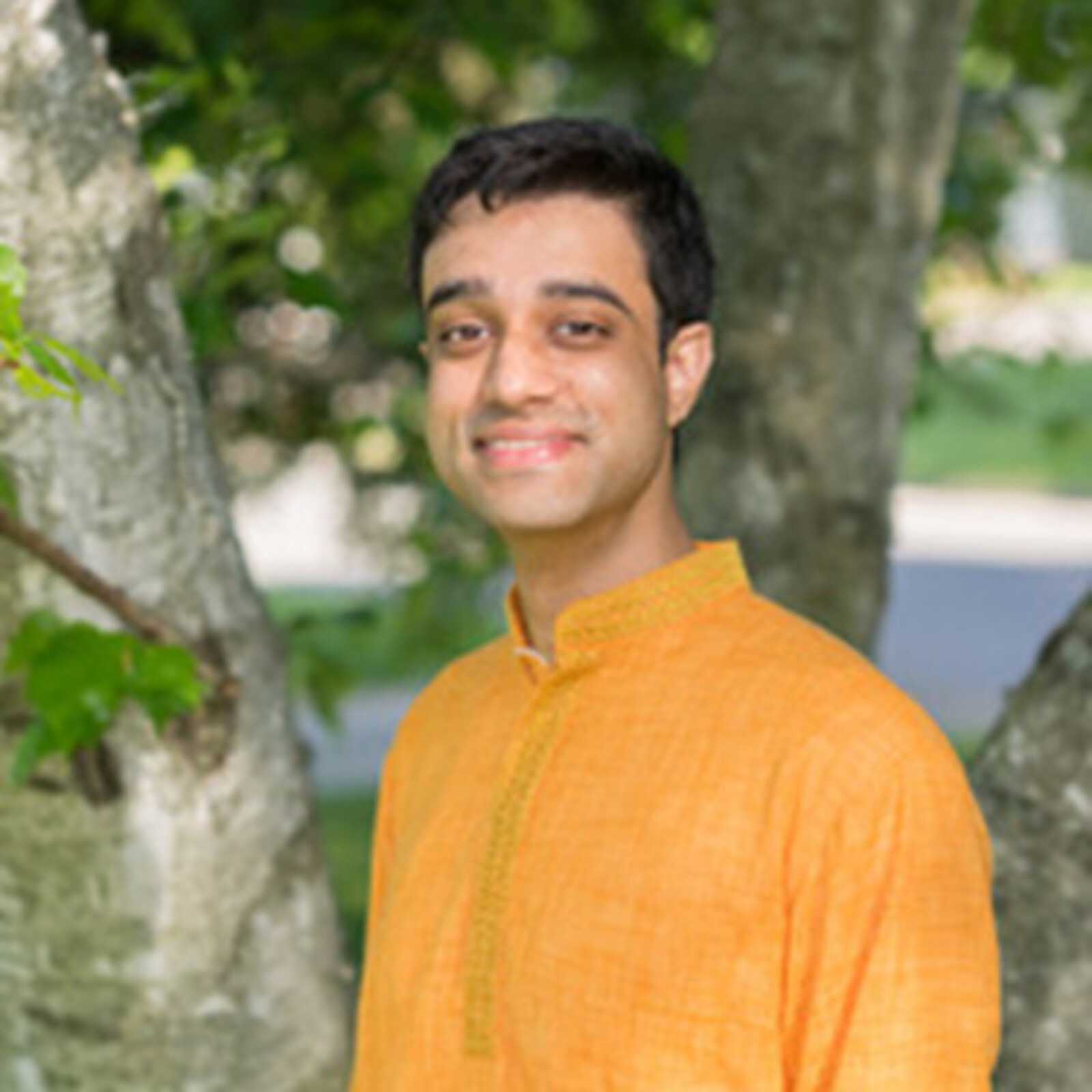
Pariksheet Nanda
University of Pittsburgh
Pariksheet Nanda is a third year postdoctoral fellow at the Jason Shoemaker laboratory at the University of Pittsburgh. He studies pathogen-host interactions using computational immunology with network biology techniques. Pariksheet is passionate about maintaining scientific software infrastructure, supporting their users, and mentoring researchers who are also committed to reproducible, open access publications using free/libre and open source software.
Papawee Sutthirat
University of Minnesota-Rochester & Mayo Clinic
Papawee is a Ph.D. student in Bioinformatics and Computational Biology at the University of Minnesota-Rochester and a Research Technologist at the Mayo Clinic. Her research integrates computational and experimental approaches to understand liver diseases, particularly Fontan-associated liver disease (FALD) and liver cancer. She uses advanced molecular biology techniques, single-cell and spatial transcriptomics, and data analysis methods to explore disease progression in both mouse models and human tissues. She is passionate about bridging computational and experimental biology to drive discoveries and therapeutic innovation.

About JXTX: The James P. Taylor Foundation for Open Science
"The most important job of senior faculty is to mentor junior faculty and students." These are the words that Professor James P. Taylor, the Ralph S. O'Connor Professor at the Departments of Biology and Computer Science at Johns Hopkins University said and lived by. This, he believed, was imperative to advance science, and in a way that facilitated diversity and inclusion. The mission of this foundation is to continue his legacy, through a multifaceted approach which will be unrolled across several stages.
Towards the goal of advancing mentorship, the JXTX Foundation will organize and host mentoring sessions between senior and junior faculty members at select high-profile meetings. The Foundation also aims to attract new scholars, including high school and undergrad students, to computational biology and data science, and to form connections and opportunities for members of underrepresented minority populations.
About the James Johnson (JJ) Travel Fellowships
The JJ Travel Fellowships help bring new contributors into the Galaxy ecosystem while honoring JJ's legacy as a contributor and mentor in the Galaxy and University of Minnesota communities. James Johnson, or JJ as he was better known, worked as a senior software developer at the Minnesota Supercomputing Institute at the University of Minnesota and was one of the earliest software developers to start using Galaxy. JJ always had a heart for training and mentoring students and other researchers who were new to Galaxy.
According to his colleagues, James hated self-promotion. But the community would be done a grave disservice if the seeds planted by Dr. Taylor were not nourished to grow and flourish. Thank you to those who have generously contributed to both foundations.
Please consider making a donation to support James Taylor's legacy and the JJ Travel Fellowships.
